Trending Now
Sunday, Nov, 2024
Home / New Study Reveals That UK Education System Holds Inequality
New Study Reveals That UK Education System Holds Inequality
One of the studies, published as part of the Institute for Fiscal Studies Deaton Review of Inequalities, reveals that education in the UK is not attacking inequality. Instead, children from more impoverished backgrounds do worse throughout the education system. More than 70% of children from the wealthiest tenth of families earn five good GCSEs, compared with fewer than 30% in the most impoverished households.
 by Pragti Sharma /
by Pragti Sharma /  20 Aug 2022 18:30 PM IST /
20 Aug 2022 18:30 PM IST /  0 Comment(s) / 340
0 Comment(s) / 340
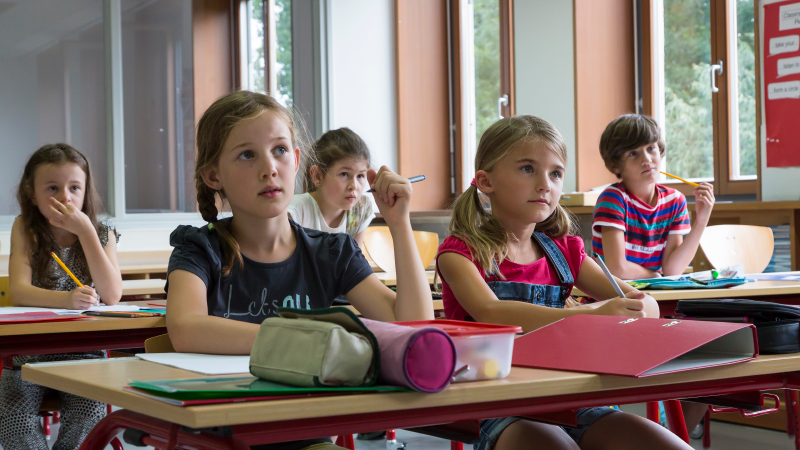
Education plays a vital role in our lives and has a massive effect on our life chances. As well as being likely to lead to better wages, higher levels of education are connected with better health, wealth, and even happiness. It should be a route for children to grow up from deprived backgrounds in order to exit poverty.
One of the studies, published as part of the Institute for Fiscal Studies Deaton Review of Inequalities, reveals that education in the UK is not attacking inequality. Instead, children from more impoverished backgrounds do worse throughout the education system. The report sets existing evidence using a range of diverse datasets. These include national statistics published by the Department of Education on all English pupils and a detailed longitudinal sample of young people across the UK. It reveals that there are prevalent and rooted inequalities in educational achievement.
Children from impoverished households tend to do worse at school. The study displays the magnitude of this disadvantage gap. Children who are eligible for free school meals, which corresponds to roughly the 15% of poorest pupils in England, do significantly worse at every phase of school. Even at the age of five, there are substantial disparities in attainment at school, as only 57% of children eligible for free school meals are considered to have a good level of development in meeting learning goals compared to 74% of children from better-off households. These inequalities endure via primary school, followed by secondary school, and beyond.
The size of the gap in GCSE achievement between children from rich and poor households has hardly changed over the past 15 years. The total share of pupils attaining these GCSE benchmarks has expanded over time. Children from better-off families have been 27%-28% more likely to meet these benchmarks throughout the period.
Eligibility for free school meals is one method of analyzing socio-economic inequalities. It does not capture the entire distribution of household income. Another way is to gather young people as per their family incomes. According to the study, young people are ordered based on their family's income at 14 age and placed into ten equal groups.
More than 70% of children from the wealthiest tenth of families earn five good GCSEs, compared with fewer than 30% in the most impoverished households. Just over 10% of young people in middle-earning families (and fewer than 5% of those in underprivileged families) scored at least one A or A* grade at GCSE, and over a third of pupils from the moneyed tenth of families at least one top grade.
The long gaps between rich and poor children affect sensitively during school years. There is a powerful relationship between family background and eventual educational achievement. More than half of children who grew up in the most deprived households hold degrees and qualifications up to GCSE level or below. Almost half of those from the wealthiest families have graduated from university.
The massive gap between private school students and the most deprived is even more stark. Over 70% of private school students are university graduates by 26 age, compared with less than 20% of children from the disadvantaged fifth of households.
Young people from better-off households do a lot better at all levels of the education system. They start beforehand, and they end up being more privileged and qualified as adults. Rather than being an engine for social mobility, the UK's education system allows inequalities at home to turn into differences in school achievement. It clearly indicates that today's education inequalities become tomorrow's income inequalities.

EShort / February 16, 2024
IMS Noida Admissions 2024: Apply for UG, PG programmes

EShort / February 16, 2024
GATE 2024: Response sheet out

EShort / February 16, 2024
BSSTET 2023: Admit card released

EShort / February 16, 2024
NID DAT 2024: Prelims result released

EShort / February 16, 2024
IIT JAM 2024: Response sheet released

Jobs / February 16, 2024
UPSC Recruitment Drive 2024: Apply for 120 vacancies in various departments

EShort / February 14, 2024
UPSC CSE 2024: Official Notification issued; application process begins
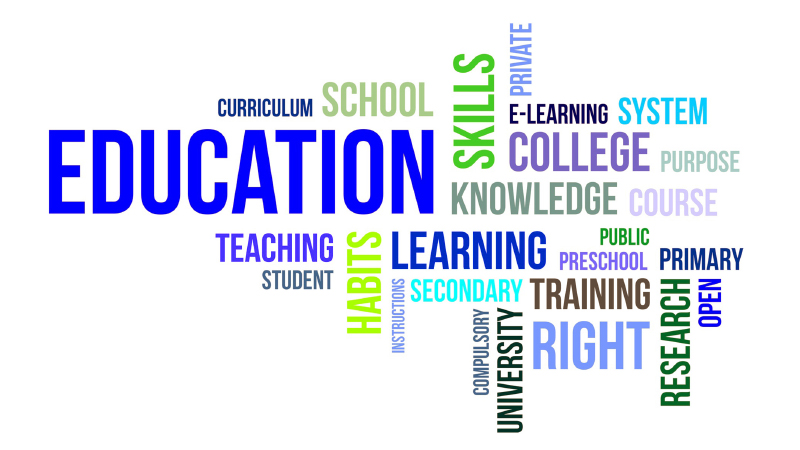
Editor's Desk / April 17, 2020
How Does Society Impact Our Education?
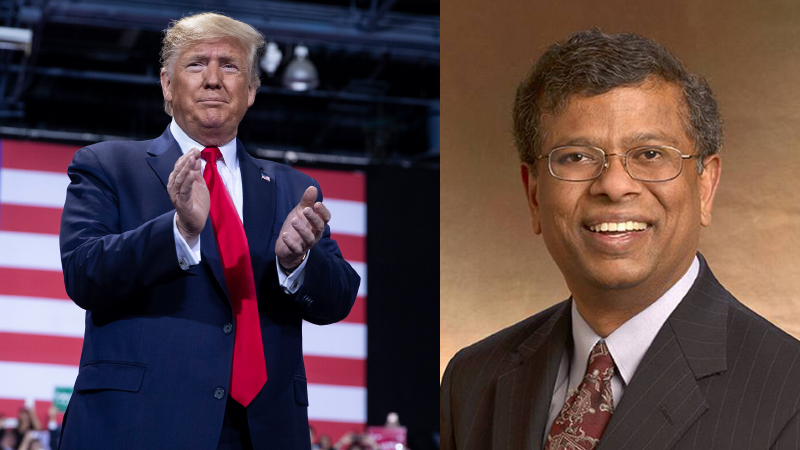
Current Affairs / April 22, 2020
Mr. Sudarsanam Babu appointed to U.S. Science Board.
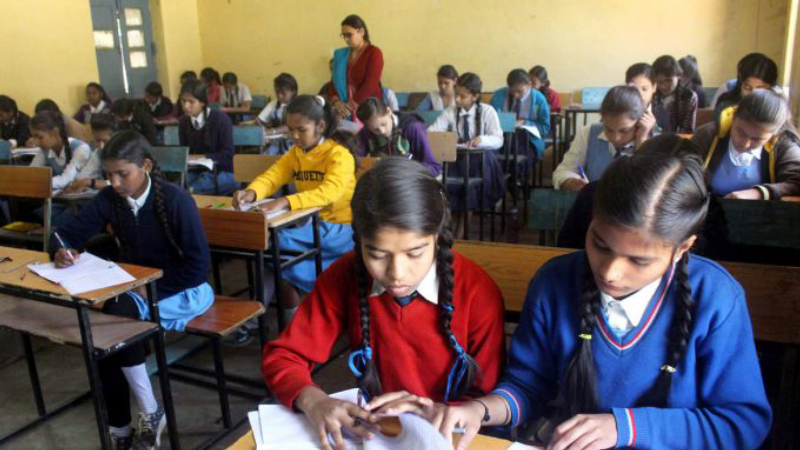
Reforms / April 17, 2020
Traditional Structure of Education In India
.jpg)
Events & Seminars / April 17, 2020
PISA!!
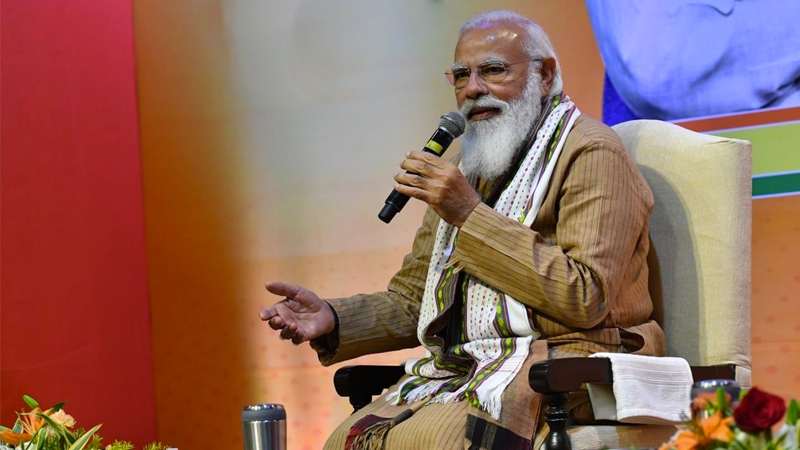
Blog / February 26, 2021
Government's Action On #ModiRojgaarDo

EShort / May 19, 2022
CUET PG 2025 has started the registration process.

Notice Board on Important Dates / April 21, 2020
World Heritage Day

News / July 08, 2021
JEE Mains Registration For Session 3: Last Date To Apply

EShort / December 14, 2021
UPSC Declared Final Result For DCIO Recruitment







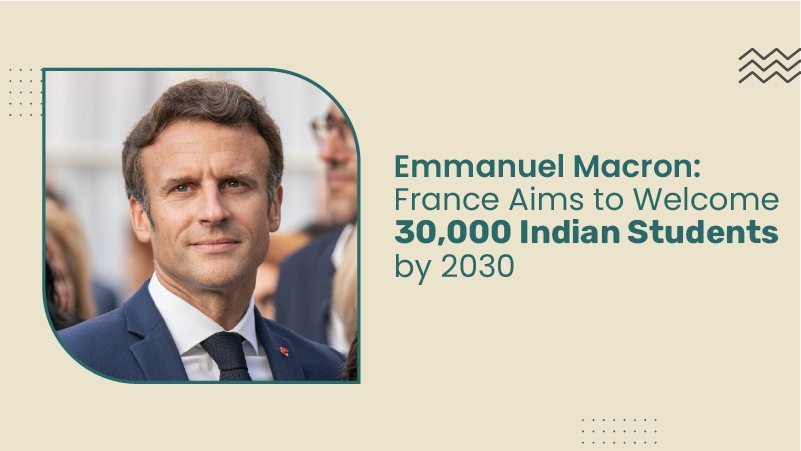















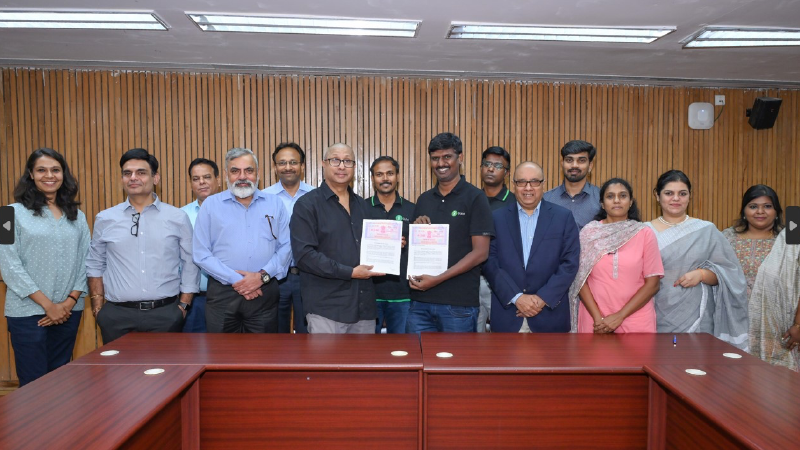
0 Comments
Post Comments